Xạ thu is a word that monk Minh Tue said on his alms round in Thailand, a word that is commonly understood as "good, good". It is possible that xạ thu is a Vietnamese pronunciation of the Thai word สาธุ (saaR thooH), a word that Thai people pronounce as sã thú , which is derived from the Pali word: sādhu .
Sādhu is a Buddhist term, commonly meaning "good, virtuous" or similar to the word "Amen" in Abrahamic religions (monotheistic religions worshiping God with the 3 largest branches being Judaism, Christianity and Islam) or the word "Svaha" (Sanskrit: स्वाहा)) meaning joy in Buddhist mantras, as well as in "fire" rituals (yajnas) originating from the Vedas .
Many researchers consider sādhu to be an “untranslatable word” because it has so many meanings. However, depending on the religious and secular context, sādhu can be translated and understood as “yes, thank you, well done, that’s it, everything will be fine…”.
The word sādhu is derived from the Sanskrit word साधु (sādhu) - a polysemous word.
As a noun, sādhu is a male term, meaning primarily a holy person; while for women, sādhvī (साध्वी), meaning a faithful wife; a chaste or virtuous woman. Sādhu also means an ascetic, a beggar, or any holy person in Hinduism and Jainism who has renounced worldly life.
As an adjective and adverb, sādhu in Sanskrit also means "ready, well-intentioned, well-born, successful, skillful, suitable, prophetic, right, righteous, regular, pure…". The term is closely related to the concept of "renunciation" of worldly desires that a monk needs to practice in order to achieve his spiritual goal.
In religious ceremonies, sādhu is used as an opening phrase in prayers before images of the Buddha or before divine spirits (nats) in Myanmar; gods (devatas) in Hinduism or the four-faced god Brahma (the supreme being in Hinduism)…
In Buddhism, the three repetitions of the word sādhu symbolize the Three Jewels (Buddha, Dhamma, Sangha). Sometimes Buddhists repeat the word a fourth time with a longer and more emphatic tone, to show respect to those who are most disciplined in following the Noble Eightfold Path (Sanskrit: आर्याष्टाङ्गमार्ग).
In the Dhammapada (verse 35), sādhu means good. In the Vinaya (the second part of the Tipitaka ), sādhu is an exclamation. The term is also used as a concluding phrase in religious sermons. Monks, nuns, and lay people often say sādhu three times after a prayer, especially when performing rituals in an Ashram (Sanskrit: आश्रम) - a hermitage or monastery in India.
In secular usage, the term sādhu is used quite widely. It can be the word shouted by soldiers, showing their obedience to their king; or the cry of victory after a battle; or the cry of joy in ancient Vedic stories, such as in the epic poem Bhagavad Gita (Sanskrit: भगवद् गीता).
On social media sites, the writing of Sādhu , sādhu, sādhu accompanied by the emoji of three clasped hands has become popular comments, as a way to express respect and positive emotions.
Again, in Vietnam, xạ thu is understood as "good, good", possibly a Vietnamese pronunciation of the word สาธุ (saaR thooH, sa thú) in Thai - a word corresponding to the word "Amen" in ancient Hebrew. However, Thai people also use the word สาธุการ (saaR thooH gaanM, xa thú kan) with the same meaning of "Amen".
Source: https://thanhnien.vn/lat-leo-chu-nghia-xa-thu-nghia-la-gi-185250307212026312.htm



![[Photo] 80th Anniversary of the General Staff of the Vietnam People's Army](https://vphoto.vietnam.vn/thumb/1200x675/vietnam/resource/IMAGE/2025/9/6/49153e2a2ffc43b7b5b5396399b0c471)
![[Photo] Prime Minister Pham Minh Chinh attends the 80th Anniversary of the Vietnam Posts and Telecommunications Group](https://vphoto.vietnam.vn/thumb/1200x675/vietnam/resource/IMAGE/2025/9/6/39a89e5461774c2ca64c006d227c6a4e)


![[Photo] Rescuing people in flooded areas at the foot of Prenn Pass overnight](https://vphoto.vietnam.vn/thumb/1200x675/vietnam/resource/IMAGE/2025/9/6/19095b01eb844de98c406cc135b2f96c)
![[Photo] General Secretary To Lam attends the 80th Anniversary of the General Staff of the Vietnam People's Army](https://vphoto.vietnam.vn/thumb/1200x675/vietnam/resource/IMAGE/2025/9/6/126697ab3e904fd68a2a510323659767)



















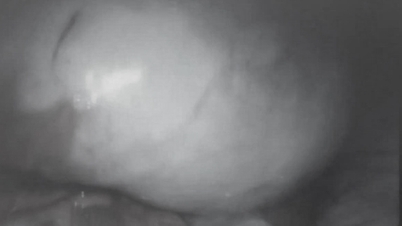
![[Photo] Many people directly experience beloved Uncle Ho and the General Secretaries](https://vphoto.vietnam.vn/thumb/1200x675/vietnam/resource/IMAGE/2025/9/6/2f4d9a1c1ef14be3933dbef3cd5403f6)







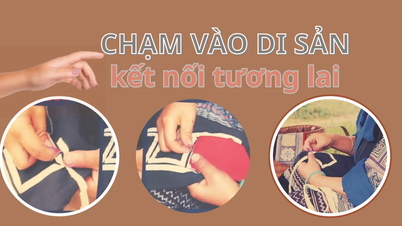

















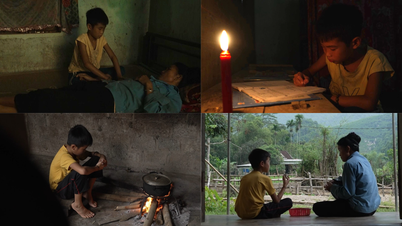


















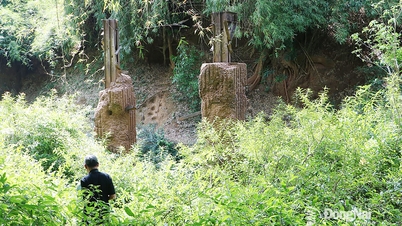




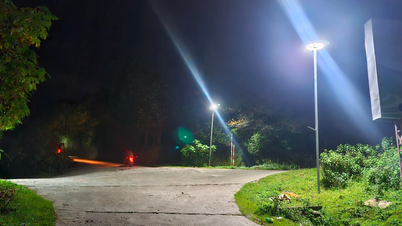





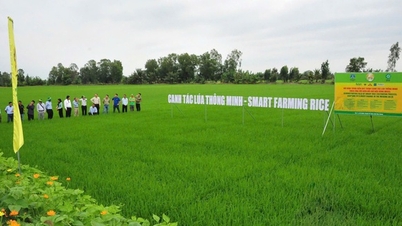

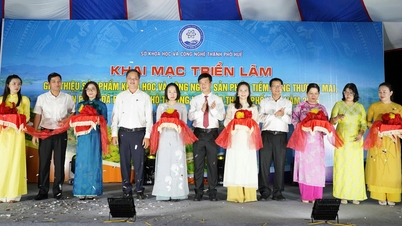








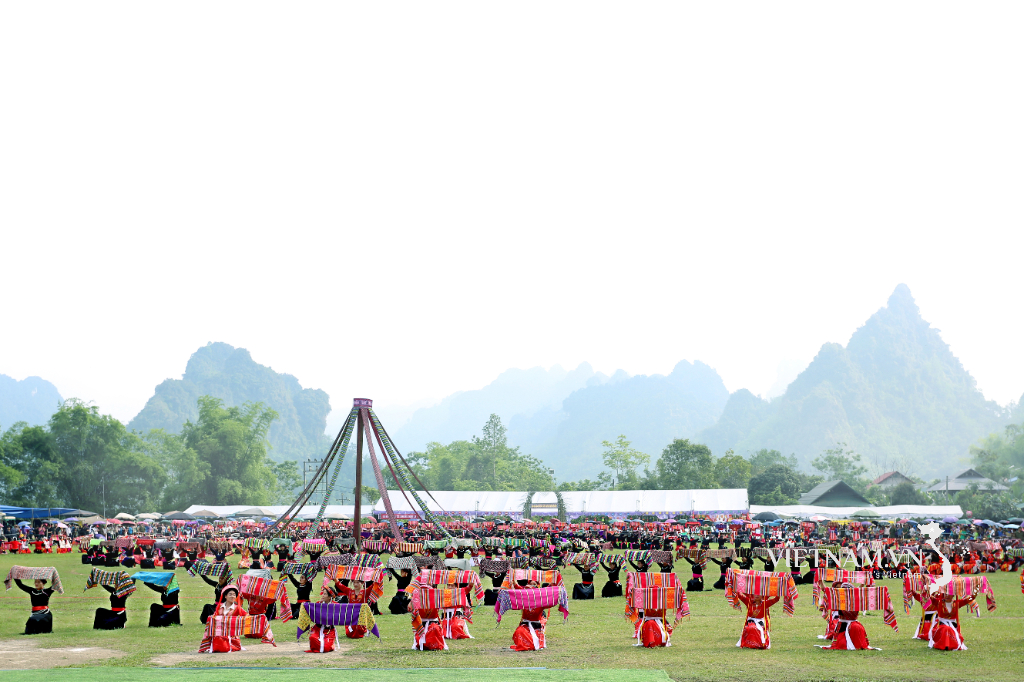
Comment (0)